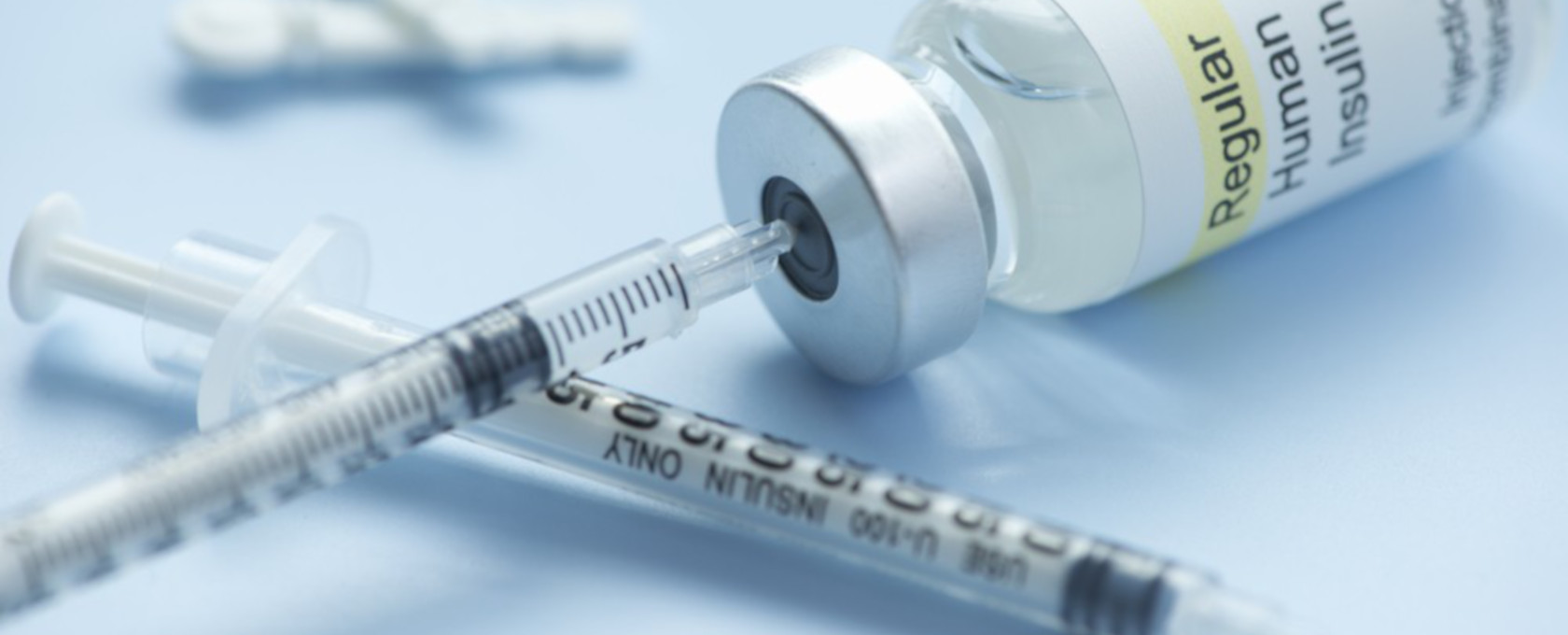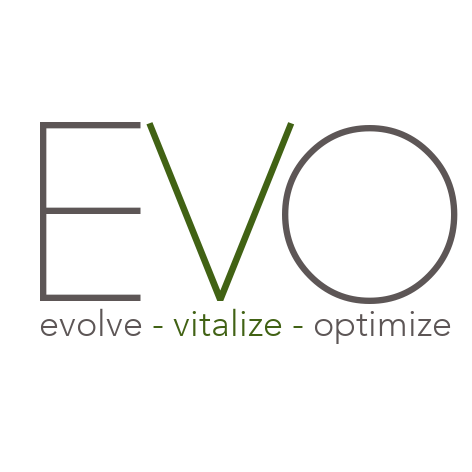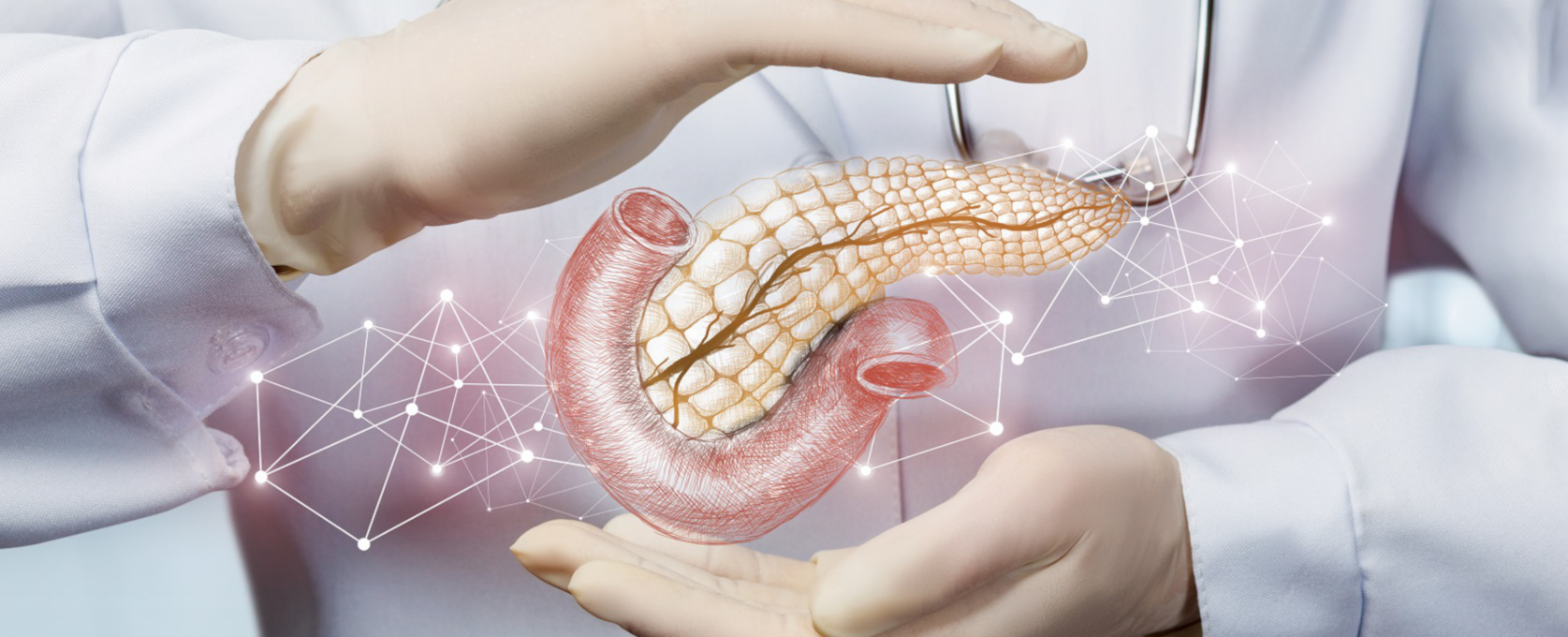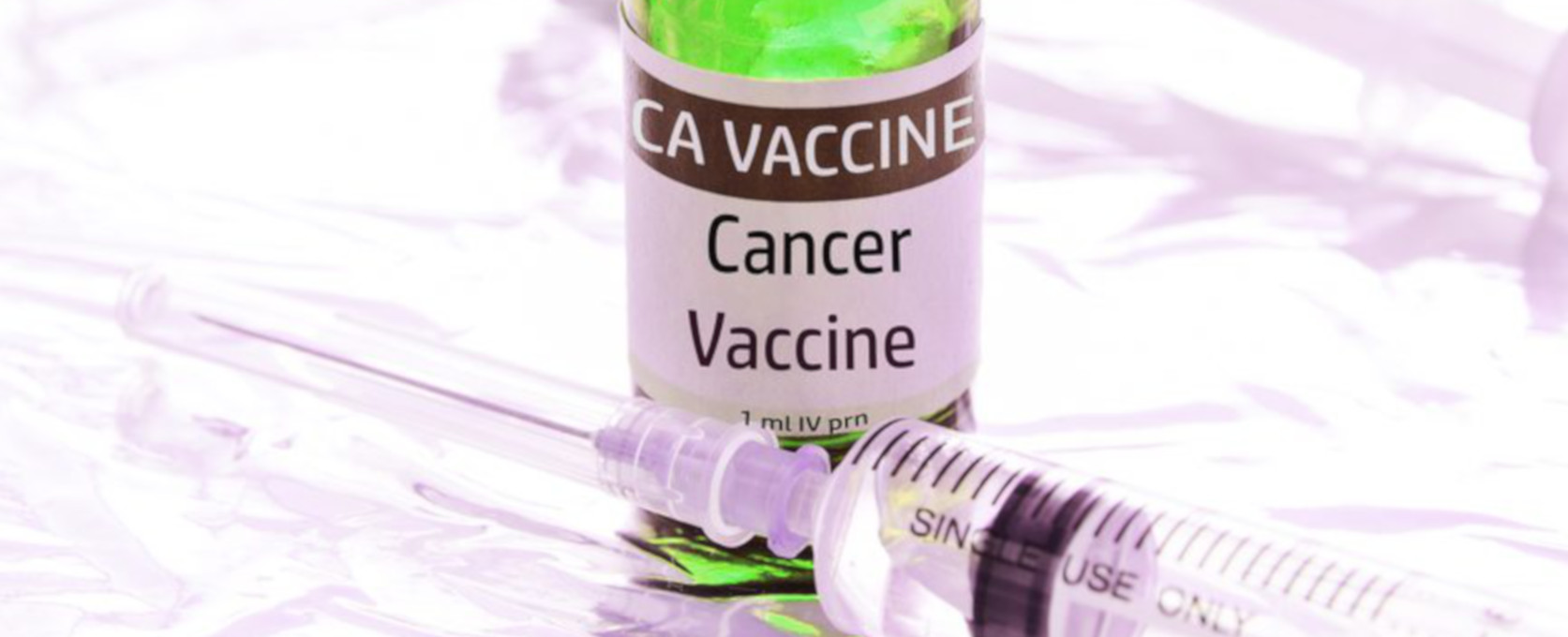
In 2017, the CDC reported that more than 100 million Americans are now living with diabetes or prediabetes. It stated that:
- 30.3 million people or 9.4% of the US population, have diabetes
- 23.1 million people have diagnosed diabetes
- 7.2 million people or 23.8% of the population have diabetes but are undiagnosed
- 84.1 million adults aged 18 years or older, or 33.9% of the adult US population, have prediabetes
- 23.1 million adults aged 65 years or older have prediabetes
Interestingly, diabetes type 1 (an autoimmune disease) only accounts for up to 5% of all cases. The rest are battling with Diabetes type 2. This is when the body develops resistance to insulin and is often associated with obesity. With these numbers in mind, we can see that diabetes is a modern pandemic.
As bad as diabetes is, the damage does not stop there. Diabetes sufferers are at high risk to develop other complications such as nerve damage, kidney damage, damage to their eyes, cardiovascular disease and Alzheimer’s disease. In the US, diabetes was the sixth leading cause of death, typically due to the many complications caused by the disease. All the more reason to manage this disease well to reduce symptoms and prevent long term complications.
Diabetes Treatment
Diabetes is treated in 3 main ways.
- By limiting the kind of foods a patient can eat
- By giving medication to limit the amount of sugar the liver releases into the bloodstream
- By having patients self administer insulin
While many patients can live a relatively normal life when following this treatment regimen, large numbers of diabetics still develop unpleasant and sometimes life-threatening complications, the most common of which is neuropathy. Diabetic neuropathy affects up to 50% of all diabetics, forcing them to live in pain and decreasing their mobility.
PIVIT – Resetting the Pancreas
Especially for Diabetes type 2, pulsatile intravenous insulin therapy (PIVIT) has proved to be a very successful form of treatment with type 1 and typ2 patients showing a significant decrease in their HBA1C levels.
PIVIT involves the intravenous application of a set amount of insulin, within a predefined time frame. The microdoses of insulin are administered in pulses, every few minutes. At the same time, patients receive a precalculated amount of carbohydrates. A typical sitting takes approximately 3 hours and is repeated at certain intervals.
The pulsed administration of insulin mimics the natural way the pancreas would usually release insulin. In diabetic patients, this natural pulsing has been lost or disturbed. PIVIT is through to restore this action and increase the insulin sensitivity of the cells.
PIVIT – The Benefits
A significant number of studies and clinical observations have been made. One major paper examined the result of over 1500 diabetic patients, including over 7500 treatment in multiple health facilities. The claimed benefits for this PIVIT include
- Improved glycemic control without increased hypoglycemia or with reduced hypoglycemia
- Improved blood pressure control
- Decreased progression of nephropathy
- Complete cessation of peripheral neuropathy
- Reversed autonomic neuropathy
- Improved wound healing
- Reduced amputation risk
- Reduced perception of disability
- Improved quality of life.
PIVIT – The Cost
In some cases, PIVIT is paid for by health insurance. Otherwise, a session may cost close to $500. Typically, a patient will need 5-10 initial session with some maintenance session.
PIVIT at EVO
EVO is proud to include PIVIT in the treatment protocols it offers. We feel that PIVIT plays an increasingly important role in metabolic management and restoration. The many patients we wee, with varying forms of neuropathy are bound to benefit from this addition. We have also incorporated PIVIT into our Metabolic Restoration Program. this is a comprehensive treatment program not just for diabetic patients. As the O in EVO infers, it involves optimizing the metabolic system but utilizing, IV treatments, hyperbaric oxygen therapies, and cell therapies such as exosomes or stem cells. Of course, this also crosses over into our lifestyle coachings such as nutritional counseling and alcohol support.
Sources:
National Diabetes Statistics Report, 2017, Estimates of Diabetes and Its Burden in the United State, CDC
Epidemiology of Diabetes and Diabetes-Related Complications Anjali D Deshpande, Marcie Harris-Hayes, Mario Schootman Phys Ther. 2008 Nov; 88(11): 1254–1264. doi: 10.2522/
Effects of pulsatile intravenous insulin therapy on the progression of diabetic nephropathy. Dailey GE1, Boden GH, Creech RH, Johnson DG, Gleason RE, Kennedy FP, Weinrauch LA, Weir M, D’Elia JA. Metabolism. 2000 Nov;49(11):1491-5.




